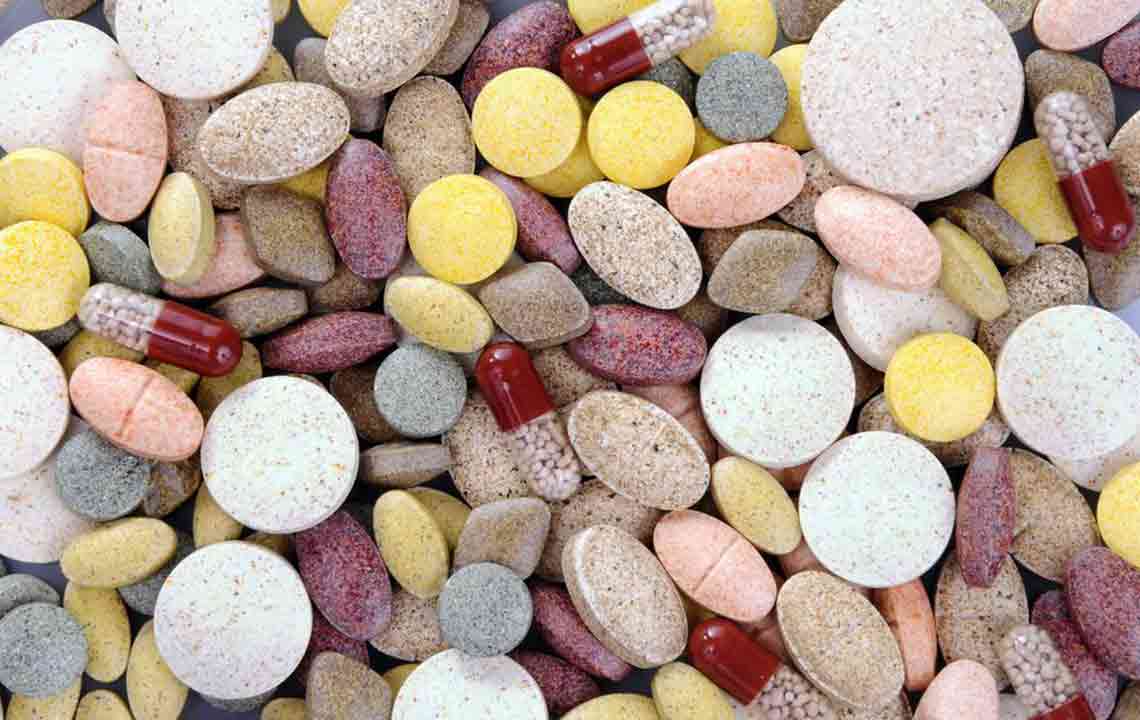Comprehensive Guide to the Risks and Precautions of Using Garcinia Cambogia for Weight Management
This comprehensive guide explores the potential risks and safety precautions associated with Garcinia Cambogia, a popular weight loss supplement. It highlights concerns related to liver health, drug interactions, long-term safety, and market scams. The article emphasizes the importance of consulting healthcare professionals, choosing quality products, and understanding regulatory warnings to ensure safe use of Garcinia Cambogia. Whether you're considering it for weight management or health benefits, being well-informed can help you make safer choices and minimize risks associated with this natural supplement.

Understanding the Potential Risks and Safety Measures When Using Garcinia Cambogia
Garcinia Cambogia has gained immense popularity as a natural supplement claimed to aid in weight loss and appetite suppression. Derived from a tropical fruit native to Southeast Asia and parts of Africa, this supplement has become a common choice among individuals looking for natural weight management solutions. However, despite its widespread use and natural origins, it is crucial to understand the potential risks, interactions, and safety precautions associated with Garcinia Cambogia to ensure safe and effective use.
Hepatic Concerns and Liver Health
One of the most concerning aspects associated with Garcinia Cambogia consumption is its potential impact on liver health. Several reports and clinical studies have indicated that extended or high-dose use of this supplement might be linked to liver issues, including elevated liver enzymes, hepatotoxicity, or even acute liver failure in rare cases. The active compound, hydroxycitric acid (HCA), although natural, can have metabolic effects that influence liver function. It is advisable to consult with a healthcare professional before beginning supplementation, especially if you have pre-existing liver conditions or are on medication that affects liver health. Regular liver function tests may be recommended during prolonged use to monitor any adverse effects.
Drug Interactions and Precautions
Garcinia Cambogia's active component, hydroxycitric acid (HCA), can potentially interact with various medications. For example, it may influence blood sugar levels, which is particularly relevant for individuals on diabetic medications, potentially leading to hypoglycemia. Likewise, it might affect medications metabolized by the liver or those that impact heart health, such as blood thinners, antihypertensives, or antidepressants. It is essential to inform your healthcare provider about all medications and supplements you are taking prior to starting Garcinia Cambogia to avoid harmful interactions. Self-medicating without professional guidance can pose unnecessary health risks.
Long-Term Safety and Efficacy
Research on the safety and effectiveness of Garcinia Cambogia is primarily limited to short-term studies. Most clinical trials have only assessed use for up to 12 weeks, leaving a significant gap in understanding the long-term health implications. Prolonged consumption may lead to adverse effects such as nutritional deficiencies, gastrointestinal discomfort, or metabolic disturbances. Moreover, individual responses vary, and some users may experience more pronounced side effects. Due to the scarcity of long-term data, it is recommended to use Garcinia Cambogia under medical supervision and for only as long as necessary.
Market Quality and Scams
With the rising popularity of Garcinia Cambogia, numerous suppliers and brands have flooded the market, both online and offline. Unfortunately, not all products are created equal; some may contain adulterants, incorrect dosages, or contaminants that could compromise safety. Consumers are advised to scrutinize product labels carefully, buy from reputable sources, and review customer feedback and third-party testing results. Consulting a healthcare professional for trusted brands can help avoid potential health hazards due to substandard products.
FDA Regulations and Consumer Caution
Although Garcinia Cambogia is a natural fruit extract, it does not automatically guarantee safety or efficacy. The Food and Drug Administration (FDA) warns consumers to exercise caution, especially with products that claim rapid weight loss or are marketed as "all-natural." Since dietary supplements are not subjected to the same rigorous testing as pharmaceutical drugs, many Garcinia Cambogia products on the market lack proper regulatory approval. Consumers should look for products with verifiable FDA approval or certification from reputable organizations. Be wary of exaggerated claims and always adhere to recommended dosages to minimize health risks.
In summary, Garcinia Cambogia can offer potential benefits for weight management but comes with associated risks that should not be overlooked. Proper consultation with healthcare providers, adherence to recommended dosages, and careful selection of high-quality products are essential steps to minimize adverse effects. Understanding the possible liver health implications, drug interactions, and the importance of regulatory approval can help consumers make informed decisions. As with any supplement, safety should always be the top priority, and ongoing research continues to shed light on its long-term safety profile. By staying informed and cautious, users can better leverage Garcinia Cambogia's benefits while avoiding unnecessary health hazards.




